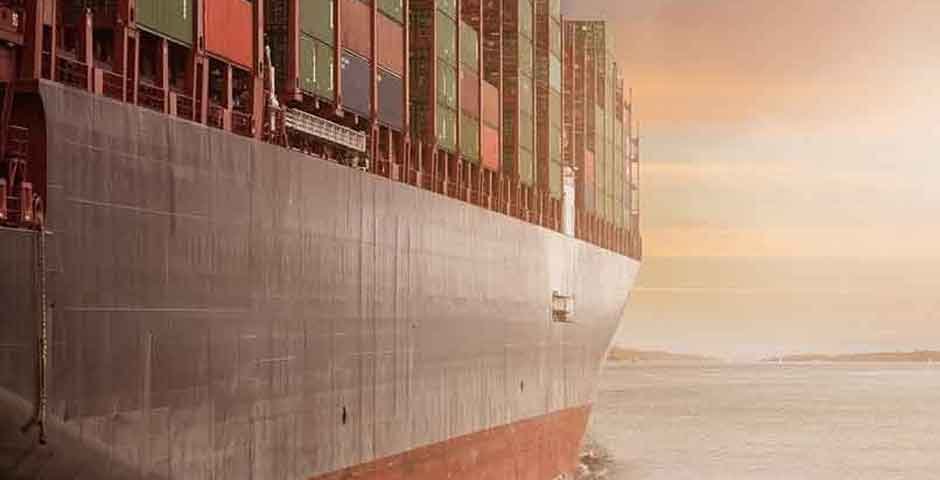Transportation is one of the last pieces in the supply chain puzzle. Traditionally, we know it involves physical assets. However, non-asset transportation has emerged as an efficient solution for businesses exploring ways to optimize their logistic operations – as noted by MX Solutions, a credible service provider with access to over 24,000 motor carriers and established relationships with major North American railroad services.
Non-asset transportation represents a strategic approach in the logistics industry whereby a provider doesn’t own the physical assets required for transportation and distribution. For instance, they don’t own the trucks, containers, warehouses, and other transportation equipment necessary to handle goods effectively.
Nonetheless, they are still responsible for the delivery of goods. Instead, they focus on coordinating and managing the supply chain process. For instance, they liaise with reputable carriers and contract them for jobs.
Advantages of Non-Asset Transportation
Opting to partner with a third-party logistics (3PL) provider who uses non-asset transportation may be an ideal approach for various reasons. Let’s highlight the pros of such a move.
1. Cost Reduction
3PLs offering non-asset transportation typically have a vast network of carriers. As such, they can contract suitable carriers at highly competitive rates. This might entail negotiating transportation contracts with carriers to ensure their clients access superior deals.
2. Promoting Accountable
By virtue of not owning the required assets for the job, 3PLs tend to be more accountable. Essentially, they’re keen to hold all stakeholders involved in the process responsible for their respective roles. For instance, they help resolve billing mistakes by attributing them to the individuals responsible. Thus, their hands-on approach helps ensure flawless operations for their client’s benefit.
3. Flexibility and Scalability
Non-asset transportation is flexible since 3PLs can easily modify the transportation process to address their clients’ needs. Case in point, they can quickly switch from air freight to ground freight and vice versa when needed.
Furthermore, they can scale their services up or down based on customer demand. If, for instance, you have a backlog of orders, they can quickly get more carriers to help you clear them. Thus, they can leverage their networks and guarantee an optimal supply process.
4. Tailored Solutions
Non-asset 3PLs directly access diverse logistic solutions without relying on specific assets. This allows them to adapt to various requirements in an ever-changing and demanding supply chain environment. For instance, imagine you need to scale back your budget or find an efficient route to deliver your goods on time. A 3PL provider can tweak their strategy and provide an individualized plan to help you attain the desired outcome.
Or if unexpected road closures occur, they can evaluate alternate plans such as rail transport for smooth delivery. Likewise, by leveraging advanced technology and industry expertise, they can provide personalized logistic options with your needs in mind.
5. Risk Mitigation
Owning and maintaining costly fleets is financially strenuous for many businesses. In contrast, using a non-asset transportation approach helps reduce the risk of managing assets since it frees businesses from fixed liabilities and investments.
Also, your logistics partner doesn’t have to worry about regulatory compliance and other legal requirements. Thus, they ensure the efficient delivery of goods without the unpredictability associated with asset ownership. Additionally, these providers know how to navigate dynamic regulatory landscapes, upscaling or downsizing based on fluctuating market trends, substantially lowering overhead costs and liabilities.
6. Enhancing Competitiveness
Transport and warehouse costs can significantly eat into a business’s profits. For instance, if the cost of distributing a particular product is way above the industry average, it could force you to adjust your pricing – which may put you at a competitive disadvantage. To avoid this, you can partner with a 3PL firm employing non-asset transportation to reduce costs, and keep your products affordable and competitive.
Examples of Non-Asset Transportation Services
It’s becoming increasingly common for companies to partner with a 3PL firm offering non-asset transportation. To that end, here are examples of the services such a provider offers:
- Freight brokerage – acting as an intermediary connecting shippers with carriers.
- Transportation management services – providing optimal solutions through an online platform and coordination of shipments.
- Selection of suitable carriers to handle particular cargo – if you need your goods to be transported via a certain type of vehicle, such as a refrigerated truck, a 3PL can easily find carriers with the requisite fleet.
- Intermodal services – combining several modes of transport such as air, rail, and water for a smoother delivery.
- Freight forwarding – streamlining the transportation of goods from their source to the intended destination.
While asset-based carriers may still have their place in the logistics industry, businesses seeking to stay agile and competitive should consider non-asset transportation services. As their benefits clearly illustrate, these services can help your business overcome the complexities of the dynamic logistics landscape.






